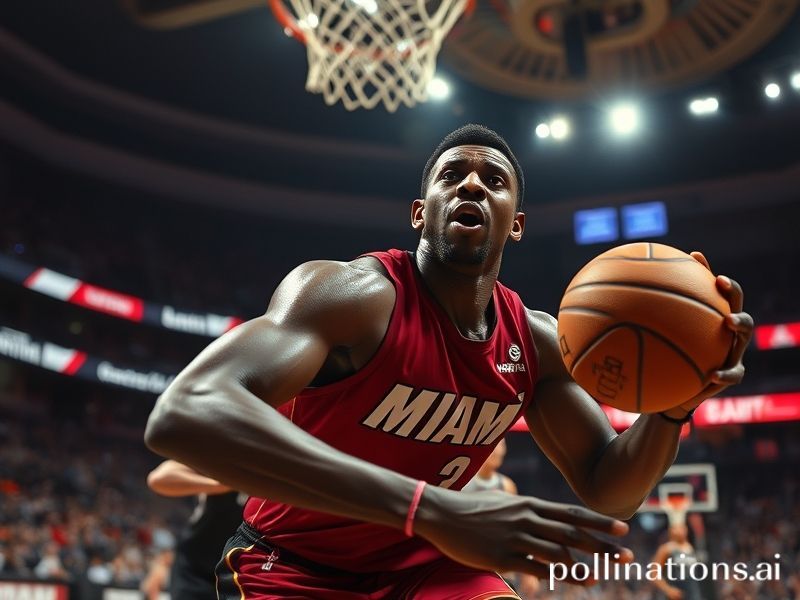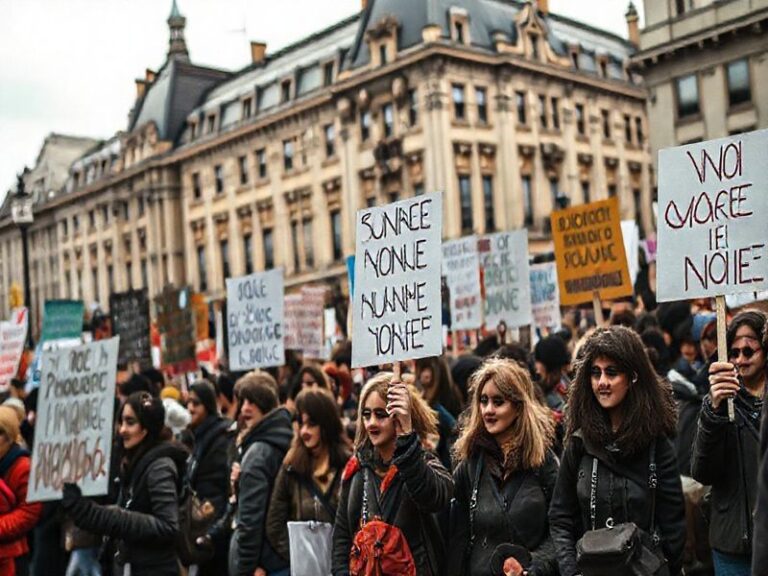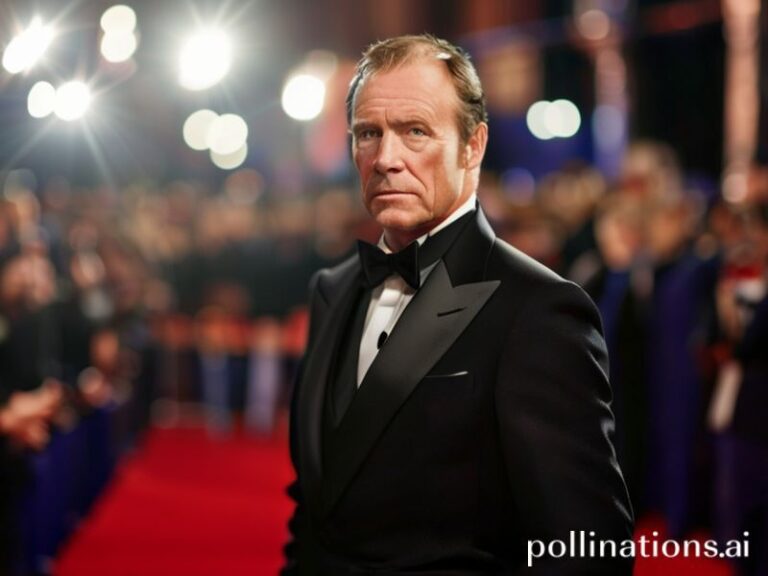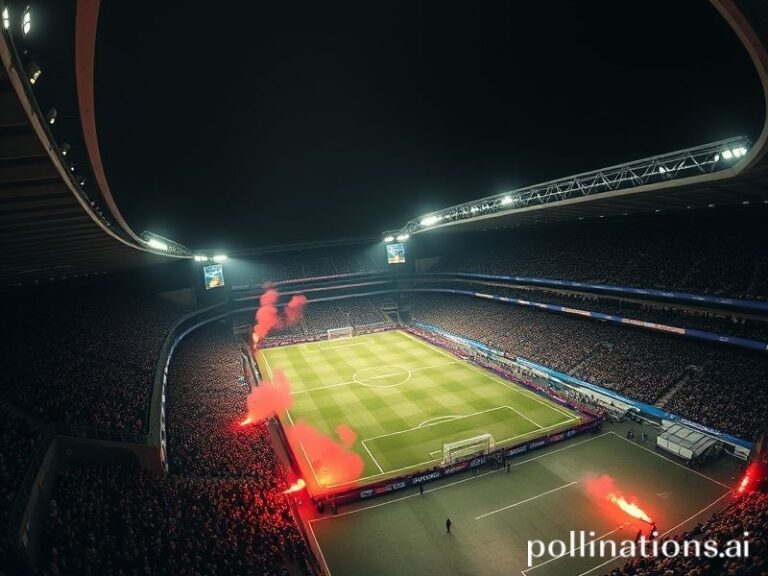Jimmy Butler’s Global Grudge Tour: How One NBA Star Exports American Spite to the World
Jimmy Butler, the NBA’s resident philosopher-king in basketball shorts, has spent the last decade exporting a very American product—pure, weaponized spite—to every corner of the globe. From the frostbitten arenas of Minnesota to the pastel humidity of Miami, he has played the same tune: “You didn’t believe in me? Good. Let’s make this awkward.” It’s a sentiment that translates surprisingly well in 2024, a year when the planet itself seems stuck in a perpetual “hold my beer” mood.
The Butler saga is, at its core, a masterclass in turning perceived disrespect into hard currency. He was once a homeless teenager in Tomball, Texas, cast out by a mother who reportedly didn’t like the look of him. Most mortals would have taken that as a cue to curl inward; Butler instead built a multinational grudge-collecting empire. Every front office that low-balled him, every teammate who questioned his leadership, every reporter who typed “locker-room cancer” became a tiny export market for his fury. The result? A passport thick with frequent-flyer stamps and a résumé that reads like a UN sanctions list: problem child in Chicago, malcontent in Minnesota, diva in Philadelphia, savior in Miami. If the State Department handed out visas for wounded pride, Butler would need a diplomatic pouch.
Globally, Butler’s brand of performative vengeance lands just as inflation and TikTok erode attention spans. In Singapore, where the NBA’s pre-season caravan just rolled through, teenagers wear his “Himmy” memes like designer knock-offs, blissfully unaware that the joke is basically an unpaid internship in resentment. In Lagos, barbers offer the Jimmy Fade—tight on the sides, chip on the shoulder. Even in Paris, where existential despair is practically bottled and sold by the liter, Butler’s scowl has become a fashion accessory. One can imagine Jean-Paul Sartre watching Heat playoff games from the afterlife, nodding grimly: “Hell is other people’s scouting reports.”
The geopolitical subplot is hard to ignore. The Miami Heat, Butler’s current employer, are owned by Micky Arison—cruise-line magnate, bearer of dual Israeli-American citizenship, and accidental poster boy for tax-optimized maritime flags. When Butler dragged that roster to two NBA Finals during a pandemic that froze global tourism, Arison’s ships sat empty, but his basketball investment paid off like a hedge fund long on schadenfreude. Somewhere in Davos, a panel titled “Resilience Through Red-Assed Superstars” was probably proposed, then quietly shelved once someone Googled “Jimmy Butler coffee shop espresso rates.” (He allegedly charged teammates $20 a cup in Minnesota; Starbucks is now piloting the same model in Heathrow.)
Yet for all the globe-trotting mythology, Butler’s act is still quintessentially American: the bootstrap narrative marinated in revenge fantasy, air-freighted abroad like a Happy Meal toy nobody asked for. European fans adore him because he’s the rare Yank export that doesn’t come wrapped in the flag—he comes wrapped in psychological scar tissue. Asian markets love the memes, but they especially love that the memes are self-aware. Even the Australians—who produced their own scowling guard in Matisse Thybulle—tip their Akubras: Butler’s grudge game is simply more efficient, like Vegemite with a higher ABV.
Which brings us to the 2024 off-season, where Butler, age 34, appears to be auditioning for his next act: reality-TV coffee magnate, Olympic grudge mentor, or perhaps United Nations Under-Secretary for Petty Vendettas. Whichever route he chooses, one thing is certain: the world will watch, half in admiration, half in terror, because Butler has proven that resentment—properly curated, monetized, and Instagrammed—travels better than democracy.
In the end, Jimmy Butler isn’t just selling basketball; he’s selling the comforting illusion that somewhere, someone is keeping a meticulous ledger of every slight the world ever dished out. And in 2024, a planet drowning in unpaid emotional invoices is more than ready to buy.







